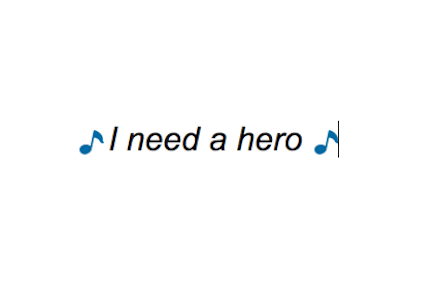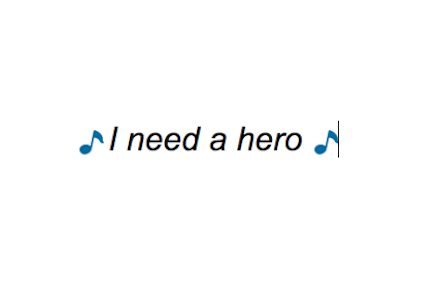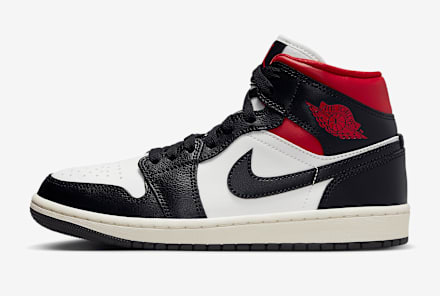Advertisement

It goes without saying that all relationships inevitably require work to thrive. But sometimes our love for a person, mixed with our instinct to problem-solve, can fool us into thinking we have more control in our relationships than we actually do. When I'm working with clients or conducting workshops, the most common questions I get are ones like: How can I get an uncaring person to care about me? How can I get a disrespectful person to respect me? How can I get an insensitive person to be sensitive? How can I get a closed person to open up to me?
Often, the people asking these questions don't want to hear the truth: You can't.
They tell me they've tried everything, and I know exactly what that means, because I also tried everything in my own relationships. I spent 30 years married to a man who was constantly angry at me, who would withdraw for months, who said he would do things for me but wouldn't come through (including being there for me during the birth of our children), who consistently demanded my attention, and who wouldn't open up to me and try to resolve our issues. I worked hard to give him what he wanted, and it wore me out until I got so fatigued that doctors said my immune system was shot and that I was headed for serious illness. But I wanted to make the relationship "work."
I tried being extra calm, sweet, and gentle to make this angry and withdrawn person feel safe enough to open up. I tried giving myself up and doing what he wanted me to do. I tried lecturing, explaining, and defending. I tried crying and letting him know how much he was hurting me. I tried many forms of therapy to find out what was wrong with me. I tried withdrawing, withholding my love to punish him. I tried getting angry and blaming him for his lack of caring.
It took me trying everything I could think of in my 30-year marriage to finally get it—that there was nothing I could do to get a closed person to open up.
The defining moment for me was when my husband asked me to host a holiday dinner one year. I told him I would do it if he promised to help, as I had always ended up preparing for these events by myself in the past. He agreed, but on the day of the dinner, he did nothing. When I reminded him that he had agreed to help, he smirked and walked away, as if saying, "Gotcha."
That's the day I moved out of our bedroom. I told him I wasn't going to spend any more time with him until he could be loving for three months. Occasionally he made attempts—he would be caring for a week, but then he could never keep it up. Two years later, our marriage ended.
My husband's active indifference toward meaningfully investing in our relationship, even after I'd tried so many strategies to make him understand how his behavior was affecting me and directly asked him to make a change, finally made me realize how pointless my efforts had been all along. There was nothing I could do to force him to change. In the end, he chose not to step up to the plate. I had to accept that I had no control over whether he—or anyone, for that matter—chose to be open or closed, loving or unloving, accepting or judgmental, kind or harsh, open to learning or devoted to controlling.
People, especially women, are taught to always try to make relationships work; we are emotional problem-solvers. But accepting our complete lack of control over others can actually give us a unique form of power. It was not easy, but once I took my eyes off this other person and put them squarely on myself—on what I could do to take loving care of myself in the face of unloving behavior—my life got dramatically better. Instead of spending my energy trying to get love and get others to change, which was making me physically sick, I began to spend my energy learning to love myself. Today, my health is excellent, my energy is sky-high, and my creativity is extraordinary. Instead of always feeling like a victim, I now feel empowered.
The reality is, letting go of people who won't change is a radical act of self-care.
Taking my eyes off my partner and accepting that I couldn't make the relationship work by myself made me feel like I had gotten let out of a cage. I completely changed my life from one of loneliness and disconnection to one of inner peace, joy, and connection with myself, my spiritual guidance, and loving people. Instead of staying in Los Angeles, which I never liked, I now live on a 35-acre ranch in Colorado. I tapped into dreams I'd shut away for so long—for example, after dreaming of riding a horse since I was a child, I now own several horses and ride whenever I want. Most importantly, instead of yearning for caring and support, I now live like The Golden Girls with my best friend. We laugh a lot, and our home is filled with caring and support.
Letting go of trying to get another person to love me, see me, hear me, and connect to me opened the door to seeing and hearing myself and connecting with my true desires. It also led to no longer tolerating others' closed, unloving behavior—and no longer staying in relationships hoping the other person will change. Making peace with my complete helplessness over other people's intent to learn and love empowered me to focus on respecting, developing, and revering myself.
Sometimes I'm sad that I spent so many years tolerating uncaring, disrespectful people, but most of the time I'm deeply grateful that I no longer hit my head against anyone's wall.
Stuck in a toxic environment? Here's exactly how to break free.
Watch Next
Enjoy some of our favorite clips from classes
Enjoy some of our favorite clips from classes
What Is Meditation?
Mindfulness/Spirituality | Light Watkins
Box Breathing
Mindfulness/Spirituality | Gwen Dittmar
What Breathwork Can Address
Mindfulness/Spirituality | Gwen Dittmar
The 8 Limbs of Yoga - What is Asana?
Yoga | Caley Alyssa
Two Standing Postures to Open Up Tight Hips
Yoga | Caley Alyssa
How Plants Can Optimize Athletic Performance
Nutrition | Rich Roll
What to Eat Before a Workout
Nutrition | Rich Roll
How Ayurveda Helps Us Navigate Modern Life
Nutrition | Sahara Rose
Messages About Love & Relationships
Love & Relationships | Esther Perel
Love Languages
Love & Relationships | Esther Perel












